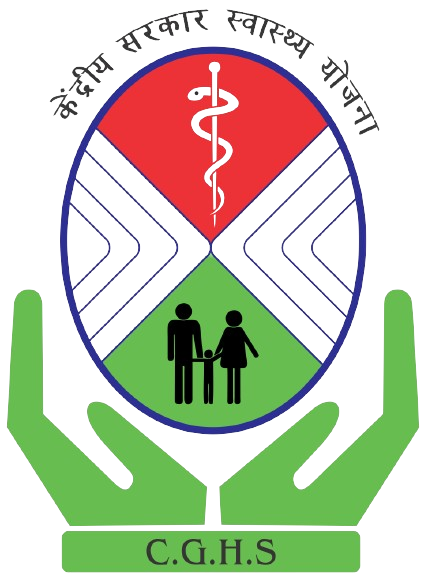Blood Pressure
Blood pressure (BP) is the pressure of circulating blood on the walls of blood vessels. Used without further specification, “blood pressure” usually refers to the pressure in large arteries of the systemic circulation. Blood pressure is usually expressed in terms of the systolic pressure (maximum during one heart beat) over diastolic pressure (minimum in between two heart beats) and is measured in millimeters of mercury (mmHg), above the surrounding atmospheric pressure.
Blood pressure that is low is called hypotension, and pressure that is consistently high is hypertension. Both have many causes. and may be of sudden onset or of long duration. Long-term hypertension is a risk factor for many diseases, including heart disease, stroke and kidney failure. Long-term hypertension is more common than long-term hypotension, which often goes undetected because of infrequent monitoring and the absence of symptoms.






